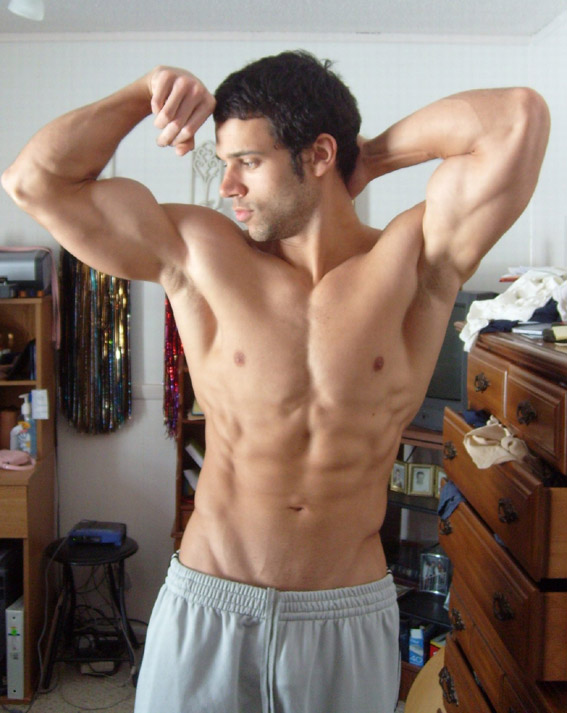 A few weeks ago, I interviewed male model Phil Fusco about his workout routine. Today, Iâm excited to share a video that we made together while visiting New York City. In it, Phil and I share some of our favorite arm exercises.
A few weeks ago, I interviewed male model Phil Fusco about his workout routine. Today, Iâm excited to share a video that we made together while visiting New York City. In it, Phil and I share some of our favorite arm exercises.
And trust me, it was almost more hotness than I was able to handle. I think Iâm still sweating. Take a look!









 I heard a great fitness quote today:
I heard a great fitness quote today:






